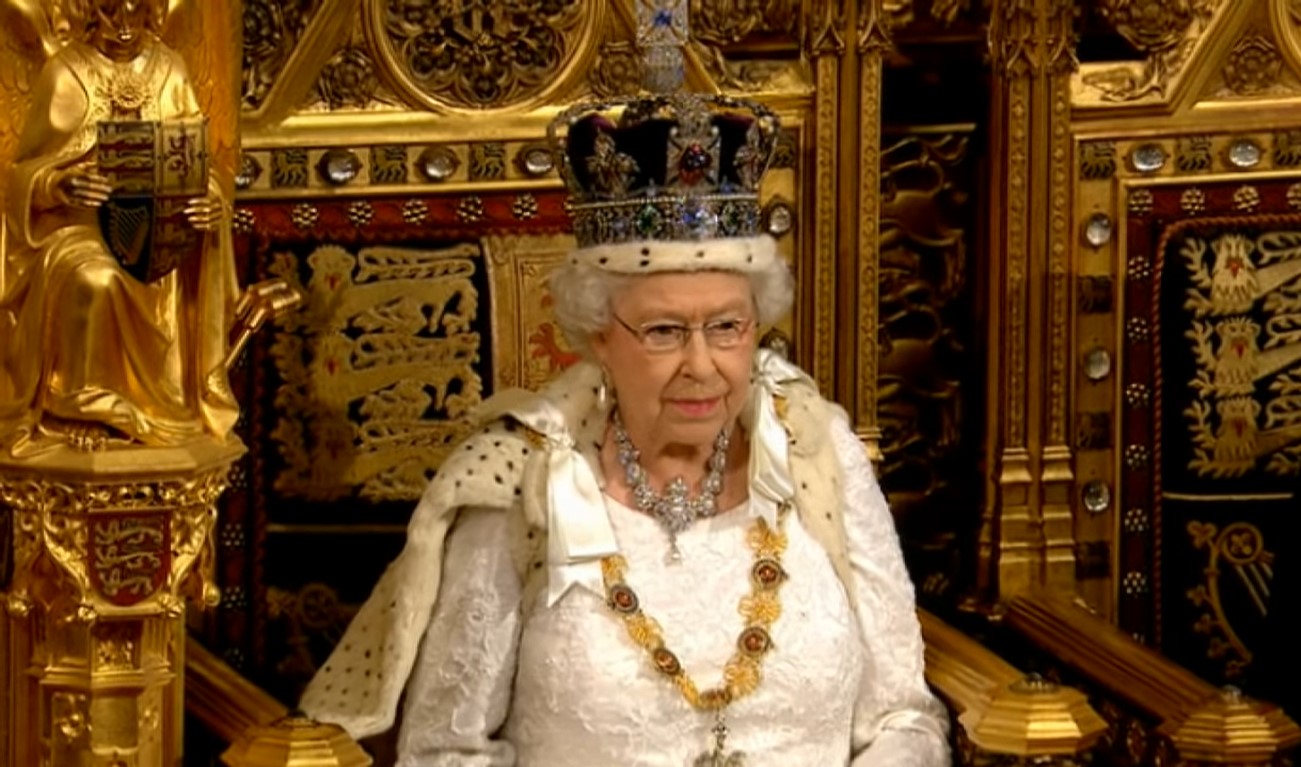King Charles III Ascension And A Waning Constitutional Role?
In recent years, there have been discussions about the future of the Commonwealth and the role of the British monarchy within it. While Queen Elizabeth II’s reign saw the Commonwealth evolve and adapt, her commitment to the organization remained unwavering. With King Charles III ascension, how will things unfold for the new king?
Author:James PierceReviewer:Elisa MuellerMay 12, 20237 Shares302 Views
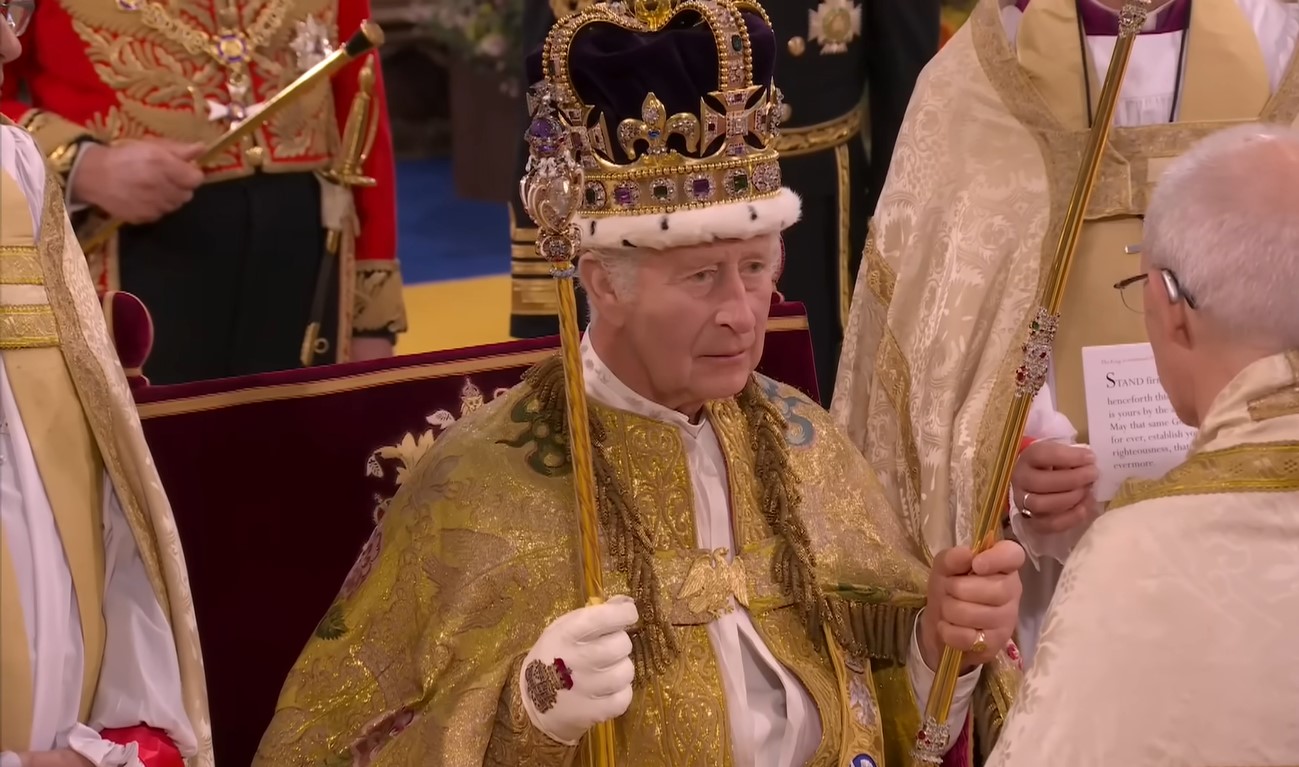
The world recently witnessed King Charles III ascensionto the Throne of England.
It was known beforehand that with the eventual passing of Queen Elizabeth II, the long-serving monarch of the United Kingdom, her eldest son, Charles, the Prince of Wales, was poised to become the next King.
Her Majesty died on September 8, 2022 at Balmoral Castle in Scotland.
As King Charles III takes on this momentous role, he is likely to face a range of challenges - both inherited and contemporary - that will shape his reign and test his abilities as a monarch.
These challenges stem from various aspects of the monarchy, including:
- public opinion
- political dynamics
- societal changes
And, of course, the evolving role of the British royal family in a rapidly transforming world.
With King Charles III ascension, will those in the Commonwealth realms continue to support him like they did with his mother?
Or will they pursue a different path - a path towards becoming a republic?
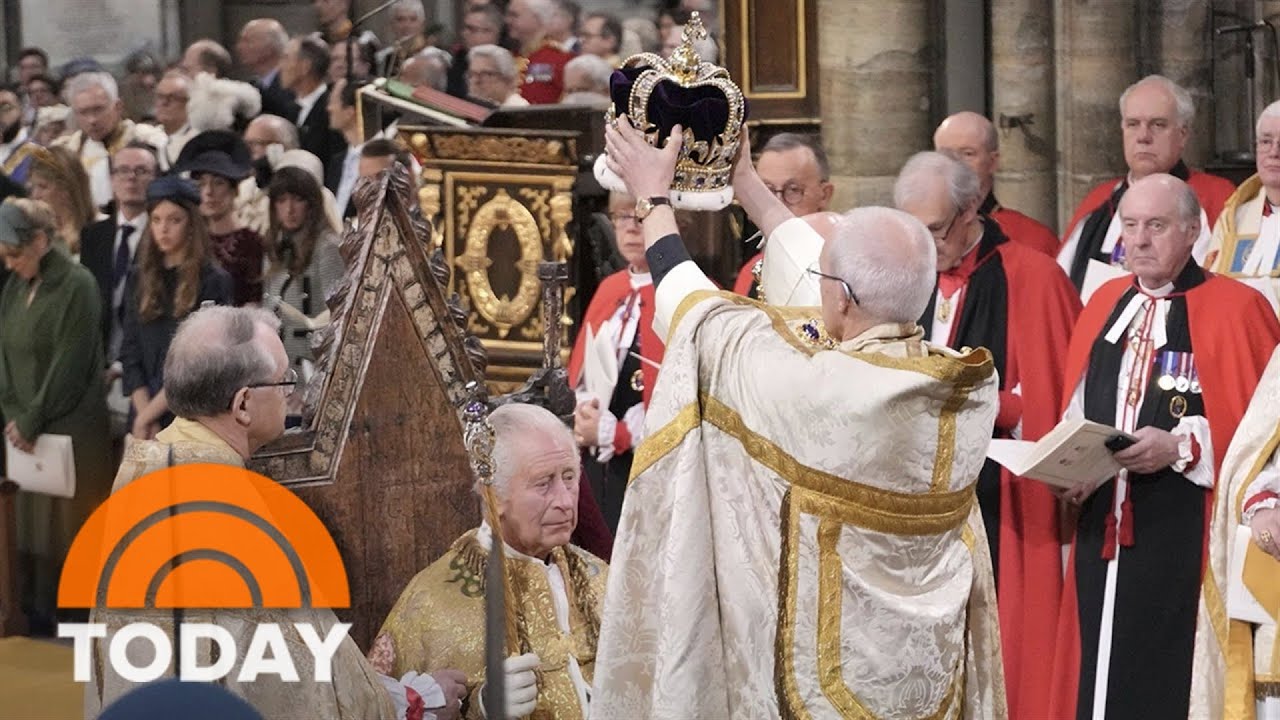
See the official crowning of King Charles III
King Charles III Ascension To The Throne
On May 6, 2023, the coronation of Charles, the Prince of Wales, as King of England and Scotland took place.
King Charles III ascension ceremony kicked off with the traditional procession from Buckingham Palace - the route covered key places in central London - to Westminster Abbey.
The ceremony, which started at around 11:00 a.m. (local time), took approximately two hours, with the enthronement and coronation happening around noontime.
Camilla, his second wife, was crowned as Queen Consort.
Next in the British line of succession is his eldest son, William, now the Prince of Wales (former title: the Duke of Cambridge).
British Monarchy And Commonwealth
The British monarchy and the Commonwealth are two interconnected institutions that have played significant roles in shaping the history, governance, and diplomatic relations of numerous countries.
Here are some important points about each:
A. The British Monarchy
1. Historical Background
The British monarchy has a rich history dating back over a thousand years, with roots in the medieval era.
The Norman Conquest of 1066 marked a crucial turning point, as William the Conqueror became the first Norman King of England.
2. Constitutional Monarchy
The British monarchy is a constitutional monarchy, which means that the monarch’s powers are limited by law and the constitution. More on this later.
3. Role and Responsibilities
The monarch serves as the head of state and symbolizes continuity and unity within the nation.
The monarch’s duties include:
- opening and closing sessions of Parliament
- granting royal assent to legislation
- representing the country at official functions
- acting as a figurehead for the armed forces
4. Succession
The British monarchy follows a system of hereditary succession, meaning that the throne passes from one generation to the next within the royal family.
5. Influence and Evolution
Over the centuries, the British monarchy’s influence and powers have gradually diminished, with the development of democratic institutions and the transfer of authority to elected officials.
How will King Charles III ascension fortify this influence? Or will it not?
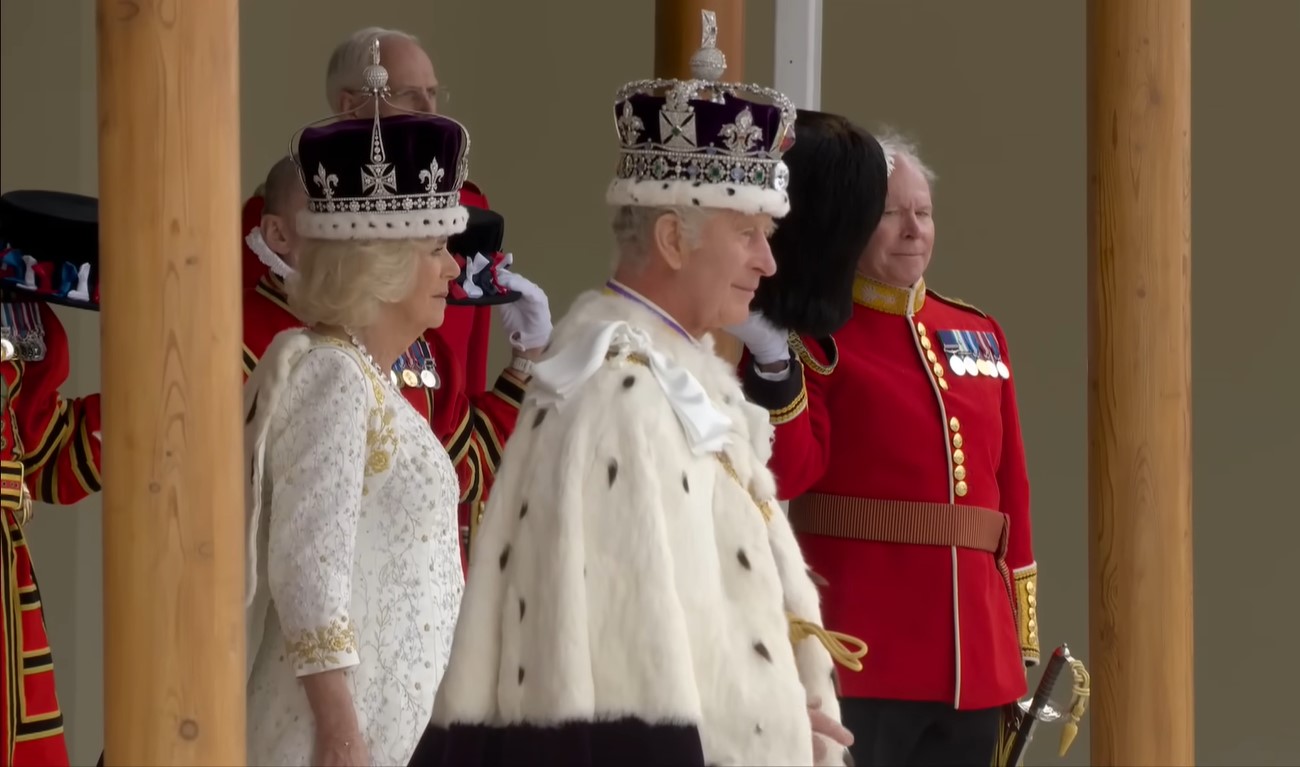
B. The Commonwealth
1. Establishment
The Commonwealth, formerly known as the British Commonwealth of Nations, is an intergovernmental organization comprising 54 member countries, most of which were territories of the former British Empire.
2. Shared Values
The Commonwealth is based on shared principles and values, including:
- democracy
- human rights
- rule of law
- promotion of peace, development, and cooperation among member nations
It serves as a platform for dialogue and collaboration on various issues of mutual interest.
3. King/Queen as Head
The British monarch, as the head of the Commonwealth, holds a symbolic role within the organization.
4. Cooperation and Development
The Commonwealth promotes cooperation among member countries in various areas, such as trade, economics, education, health, and sustainable development.
It provides a framework for fostering multilateral relationships and addressing common challenges.
5. Diverse Membership
The Commonwealth’s membership includes countries from Asia, Europe, and Africa as well as from diverse regions, including:
- the Americas
- the Caribbean
- the Pacific
These points offer a concise overview of the British monarchy and the Commonwealth.
Both institutions have intricate histories and intricacies. With King Charles III ascension, the British and those people in the Commonwealth realms await his impact as their new king.
Why Do The British Still Follow Monarchy?
The British monarchy has continued to be a significant institution in the United Kingdom for several reasons:
a. Tradition and Cultural Identity
Many people feel a sense of attachment to the monarchy as a symbol of their heritage and traditions.
b. Symbolic and Ceremonial Role
King Charles III ascension represents the continuity and stability of the nation and his role is non-political.
c. Constitutional Monarchy
The British monarchy operates within a constitutional framework, where the monarch's powers are limited by law and government decisions are made by elected representatives.
d. Tourism and Economic Benefits
The royal palaces, landmarks, and ceremonies (e.g., Changing of the Guard) draw millions of visitors each year, contributing to the British economy through tourism revenue.
e. Soft Power and Diplomacy
With King Charles III ascension, he shall continue to promote British interests abroad.
f. Popular Support
Public opinion polls consistently show that a majority of Britons are in favor of retaining the monarchy.
These factors mentioned above contribute to the ongoing support for the British monarchy.
No wonder, according to the BBC, over 18 million people in the U.K. tuned in to watch King Charles III ascension.
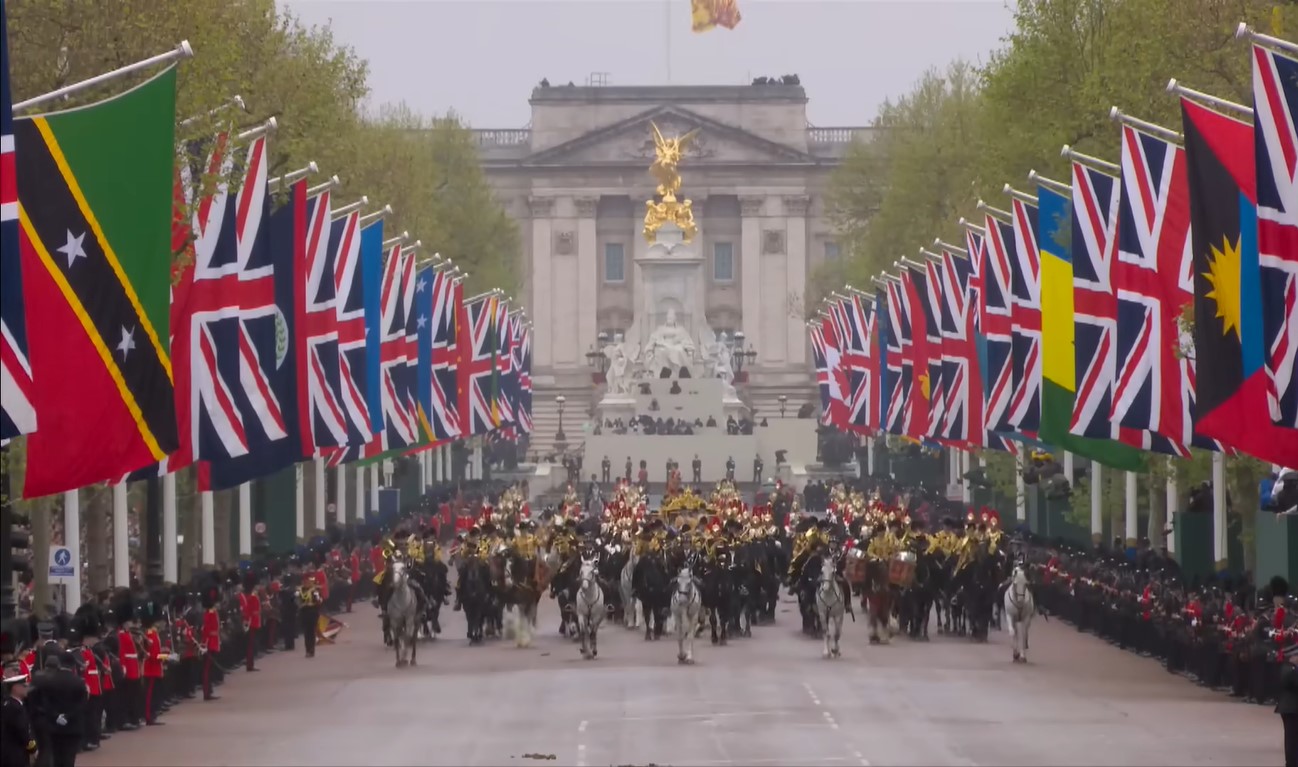
King Charles III And The Commonwealth
With King Charles III ascension, he will play a significant role in relation to the Commonwealth throughout his reign as the monarch of the United Kingdom and other Commonwealth realms.
As the head of the Commonwealth, King Charles III will serve as a symbol of unity and continuity for member nations.
His majesty is poised to be a steadfast advocate for the Commonwealth’s principles of democracy, human rights, and development. Throughout his reign, he is projected to actively support the Commonwealth and its various initiatives.
The new king has to be instrumental in promoting the Commonwealth’s values and goals.
He has to use his position and influence to advocate for social, economic, and environmental causes within the Commonwealth.
For example, during his mother’s reign, Queen Elizabeth II was a vocal supporter of conservation efforts. She emphasized the importance of protecting the natural environment for future generations.
Now that King Charles III ascension has come, the new king’s dedication to the Commonwealth will be expected to help maintain its relevance and importance in a changing global landscape.
Reaction To Prince Charles As King
Replacing Queen Elizabeth II, King Charles III is now the head of state of 15 Commonwealth realms, namely:
| Commonwealth Realms & Location | Commonwealth Realms & Location |
| Antigua and Barbuda (in the Caribbean region) | Papua New Guinea (the southwestern Pacific Ocean) |
| Australia (in the southern hemisphere) | Solomon Islands (in the South Pacific/Oceania) |
| the Bahamas (the Caribbean) | Saint Kitts and Nevis (the Caribbean) |
| Belize (Central America) | Saint Lucia (the Caribbean) |
| Canada (North America) | Saint Vincent and the Grenadines (the Caribbean) |
| Grenada (the Caribbean) | Tuvalu (in the South Pacific/Oceania) |
| Jamaica (the Caribbean) | United Kingdom (Europe) |
| New Zealand (the southwestern Pacific Ocean/Oceania) |
When a certain individual named Graham from Australia was interviewed for a BBC reportabout King Charles III ascension to the throne, the 73-year-old man simply dismissed the whole matter as “irrelevant.”
“I don’t care,” he said.
According to Tiffanie Turnbull, a journalist for BBC News (she interviewed the said guy), it seemed to reflect the public’s reaction in relation to the coronation. She wrote:
“„[It is] a fairly accurate picture of the general mood here [in Australia].- Tiffanie Turnbull
Per BBC, Australia’s Prime Minister Anthony Albanese and New Zealand’s Prime Minister Chris Hipkins both believe that their respective countries will one day transition to a republic.
Albanese was even quoted as saying that such a transition was something “inevitable.”
As for the people in Canada, Jessica Murphy, a Toronto-based BBC news editor, used the word “indifferent” to describe the general reaction of Canadians to King Charles III ascension.
Murphy wrote:
“„Opinion surveys suggest Canadians are growing more interested in distancing the country from the monarchy.- Jessica Murphy
Jamaica already welcomed the idea of “a formal debate,” according to Murphy, where its relationship with the British monarchy can be tackled.
Video unavailable
This video is unavailable: Original link to video
People Also Ask
Who Started The Commonwealth?
The Commonwealth was established through the London Declaration in 1949 by Clement Attlee (1883-1967), Britain’s former prime minister (from 1945 to 1951).
Attlee advocated for the transformation of the British Empire into a voluntary association of independent nations, promoting the idea of a Commonwealth of Nations.
This concept gained support from various Commonwealth leaders at the time, leading to the formulation of the London Declaration and the birth of the Commonwealth as it is known today.
Who Is Against The British Monarchy?
Here are some groups and perspectives that are generally associated with being critical or against the monarchy:
- Republicans
- anti-monarchist organizations
- some political activists and left-wing groups
- Scottish nationalists
- individuals with various grievances
What Happens If The Monarchy Ends In England?
Here are some potential outcomes and changes that could occur:
- the transition from a constitutional monarchy to a republic
- constitutional amendments
- political changes
- national identity
- public opinion and resistance
- Commonwealth realms
- economic impact
Final Thoughts
King Charles III's ascension brought mixed reactions from those in the Commonwealth realms.
How will the new king navigate the challenges to establish his own unique legacy?
What could be the potential obstacles that His Majesty may encounter as he assumes the responsibilities and duties of the British sovereign?
Despite what appears to be an initial lack of support, with King Charles III's ascension, the British monarchy continues to play a significant role in British society, culture, and diplomacy.

James Pierce
Author

Elisa Mueller
Reviewer
Latest Articles
Popular Articles
